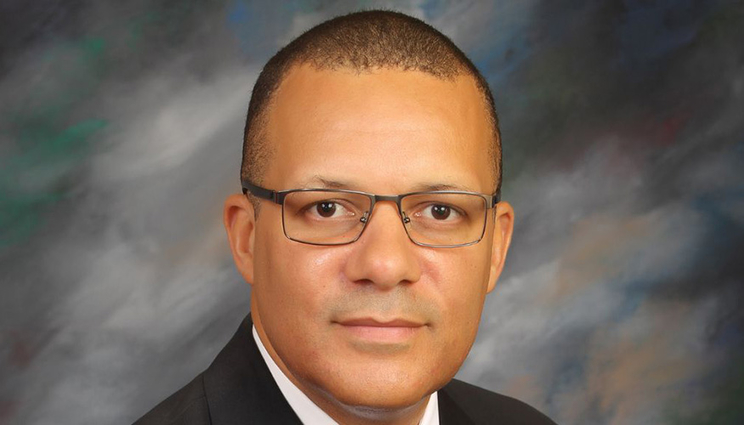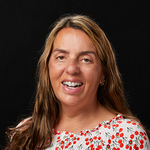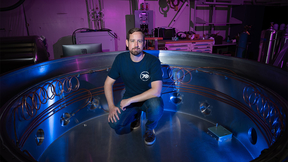LLNL’s William Evans to serve on Fannie and John Hertz Foundation board of directors
 (Download Image)
(Download Image)
Lab physicist William Evans has been selected to serve on the board of directors for the Fannie and John Hertz Foundation.
Lab physicist William Evans has been selected to serve on the board of directors for the Fannie and John Hertz Foundation, a nonprofit organization dedicated to empowering the most promising innovators in science and technology.
Evans is the physics division leader in the Physical and Life Sciences Directorate at Lawrence Livermore National Laboratory (LLNL), which works to enable U.S. security and global stability and resilience by empowering multidisciplinary teams to pursue bold and innovative science and technology.
“It is imperative that the Hertz Foundation’s board of directors possess diverse mathematical, scientific and engineering backgrounds that will inspire the work of the most brilliant Ph.D. students in their fields,” said Robbee Baker Kosak, president of the Fannie and John Hertz Foundation. “William’s extensive background working to support national security issues provides unique insights into how we can leverage the latest in science and technology innovations to support national security. We could not be more excited to welcome William to his new role at the foundation.”
Evans received his bachelor’s degree in physics from the California Institute of Technology and his master’s degree in applied physics from Harvard University. He earned a Hertz fellowship in 1987 and received his Ph.D. in applied physics from Harvard University, where he worked with professor I.F. Silvera.
Having worked at LLNL for more than 25 years, Evans recognizes firsthand the urgency to recruit the nation’s finest students to the United States’ national security enterprise and build a cadre of scientists dedicated to the security of the nation. His research covers a broad range of subjects aimed at understanding the physics and chemistry of materials under extreme conditions, such as pressure, temperature and strain rate.
“The U.S. faces increasing competition from across the globe in science and technology leadership,” Evans said. “While it is only fitting that this leadership reflects the diverse global community, our national safety and security demands that we must have a prominent role and be able to discover, develop and quickly assimilate new scientific advances.”
Evans’ Hertz fellowship had a profound impact on his professional career. The significant financial support he received removed financially driven compromises he might have had to make throughout his graduate studies. It also provided him the opportunity to connect with a network of exceptional scientists.
“Early in my career, the Hertz Foundation facilitated a very valuable collaboration with professor William G. Hoover,” Evans said. “I had the opportunity to work with his team for two summers, using Cray supercomputers at LLNL to simulate chaotic processes. This early exposure to fundamental science in support of national security interests would have lasting resonance.”
Evans has continued pursuing vital science that addresses national security issues. As he progresses in his career, he wants to help others as they pursue innovative solutions to the nation’s toughest challenges.
“I intend to continue actively advancing my career in science, but I hope to now include a component of giving back by helping to enhance and develop opportunities for others to follow the calling and participate in exceptional ways to secure our nation's security,” Evans said. “It is an honor to work with the Hertz Foundation to support this vitally important goal.”
Founded in 1957, the John and Fannie Hertz Foundation accelerates solutions to the world's most pressing challenges, from enhancing national security to improving human health. Through the Hertz fellowship, the foundation identifies the nation's most promising young innovators and disruptors in science and technology, empowering them to become the future leaders who keep our country safe and secure. Today, a community of more than 1,200 Hertz fellows are a powerful, solution-oriented network of our nation's top scientific minds, working to address complex problems and contributing to the economic vitality of the country. More information can be found online.
Contact
 Anne M. Stark
Anne M. Stark
[email protected]
(925) 422-9799
Related Links
Fannie and John Hertz FoundationTags
PeoplePhysics
Physical and Life Sciences
Featured Articles







